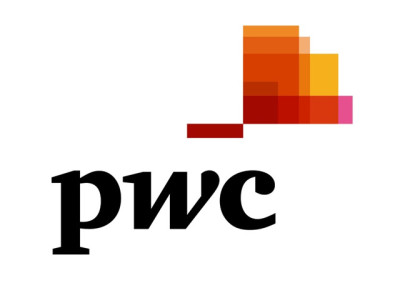
PricewaterhouseCoopers (PwC), yesterday, projected that the Nigerian economy could rise through the world rankings to top 10 in 2050 with projected Gross Domestic Product, GDP, of $$6.4 trillion, surpassing Germany, the United Kingdom, France and Saudi Arabia. Economy Disclosing this at the Lagos Chamber of Commerce and Industry, LCCI-PwC organised stakeholders forum on the state of the economy, tagged “Nigeria: Looking beyond oil,” Partner and Chief Economist, PwC Nigeria, Andrew Nevin, said Nigeria was the largest economy in Africa and 22nd globally. He said to achieve this ranking, however, diversification from the economic over dependence on crude oil was required. “Nigeria’s intrinsic potentialities lie beyond oil; harnessing these potentialities has become an imperative, given the expectations of lower for longer oil prices. Based on recent trends, our report reviews the impact of low oil prices on key economic indicators and the real sector through an industry survey,” he said.
However, he said the transition to a non-oil economy would not be an easy task. He said based on a 2016 PwC interview of foreign companies across Nigeria, four concerns stood out as challenges with the business environment: corruption, inadequate infrastructure, low skill levels, and macroeconomic uncertainty. “Our survey highlights the exchange rate as one of the top challenges facing industries in recent times. Capital controls, FX rationing, and restrictions on the importation of certain items are measures the CBN has implemented to preserve the foreign reserves and maintain currency stability,” he stated.
He noted that Nigeria needed to ensure sustainable fiscal management that was resilient to global oil price cycles. Tax collection He said: “Improving tax collection and administration have become imperative for achieving national growth objectives.
Nigeria is a low-taxed economy compared to its peer; in addition, challenges with arbitrary exemptions and enforcement have further constrained tax receipts. The framework for tax exemptions should be reviewed and approvals targeted at growth inducing sectors as government improves collection.
“Efficiency in government spending has to improve; there is room for substantial savings in capital outlays and operating expenditure across the three tiers of government. In addition, the government needs to be deliberate about increasing fiscal savings through a higher accretion to the Sovereign Wealth Fund which has investment objectives of diversification and improving long term economic prospects.” The Senate President, Dr Bukola Saraki, who was represented by Sen. Laah Danjuma, said following the shocking dip in crude oil prices from about $140 per barrel in 2013 to the prevailing rate of just below $40 per barrel, the Nigerian economy had continued to struggle against market indices as the pressure on foreign reserves had heightened.
Consequently, he said over-dependence of the economy on dwindling fortunes from crude oil had led to immense pressure on the naira exchange rate, with varying degrees of impact on all sectors of the economy, adding that the macroeconomic outlook was, indeed, worrisome. He said: “The present government has shown clear direction to business access in the economy. The challenges confronting us today call for proactive and strategic responses which must be supported by every responsible stakeholder of the Nigerian economy.”
Vanguard
END

Be the first to comment